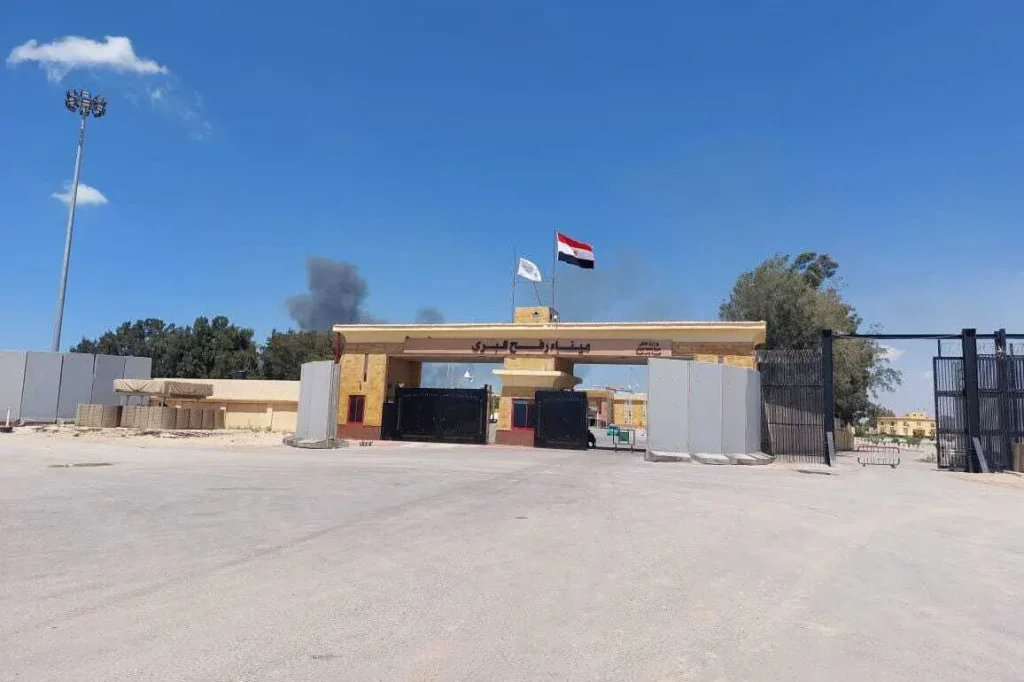Egypt’s Army Chief of Staff, Ahmed Fathy Khalifa, has made an unexpected visit to Gaza border; the country’s border with the Gaza Strip to assess the security situation.
The Egyptian military released a statement confirming that Khalifa reviewed security measures along the Gaza border but did not provide additional specifics. During his visit, Khalifa emphasised that “the armed forces are capable of defending the homeland’s borders, a generation after another.”
Khalifa’s visit came just a day after a senior Egyptian official accused Israeli Prime Minister Benjamin Netanyahu of obstructing ceasefire and prisoner swap negotiations with Hamas. The source claimed Netanyahu had made unfounded allegations about weapons being smuggled through the Egypt-Gaza border, which has become a contentious issue in the ongoing discussions.
The Philadelphi Corridor, a demilitarised zone along the Egypt-Gaza border, has been central to the ceasefire and prisoner exchange negotiations between Israel and Hamas. Netanyahu has insisted on maintaining an Israeli military presence along this corridor, arguing it serves as a “lifeline” for Hamas to re-arm.

Egypt, however, has firmly rejected any Israeli military presence in the Corridor and denounced Netanyahu’s claims about weapons smuggling through its territory.
Recently, Israeli Defence Minister Yoav Gallant stated that an Israeli withdrawal from the Philadelphi Corridor would not pose a security risk to Israel.
For months, Egypt, alongside the US and Qatar, has been attempting to broker a deal between Israel and Hamas to facilitate a prisoner exchange, establish a ceasefire, and allow humanitarian aid into Gaza. However, these efforts have been stalled, largely due to Netanyahu’s refusal to halt military actions.
Since the Hamas attack on 7 October, Israel has continued its intense offensive on Gaza, despite a UN Security Council resolution calling for an immediate ceasefire. Local health authorities report that over 40,800 Palestinians, primarily women and children, have been killed, and nearly 94,300 injured.
The ongoing blockade of Gaza has led to critical shortages of food, clean water, and medicine, leaving the region devastated. Israel now faces accusations of genocide for its actions in Gaza at the International Court of Justice.


